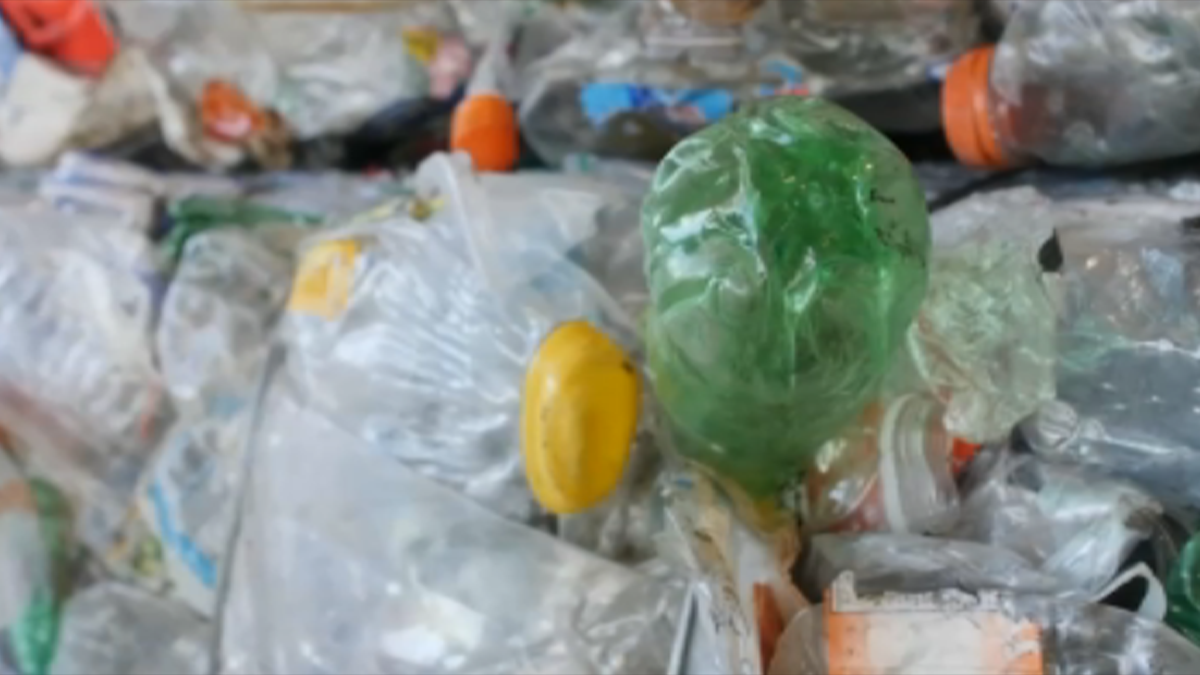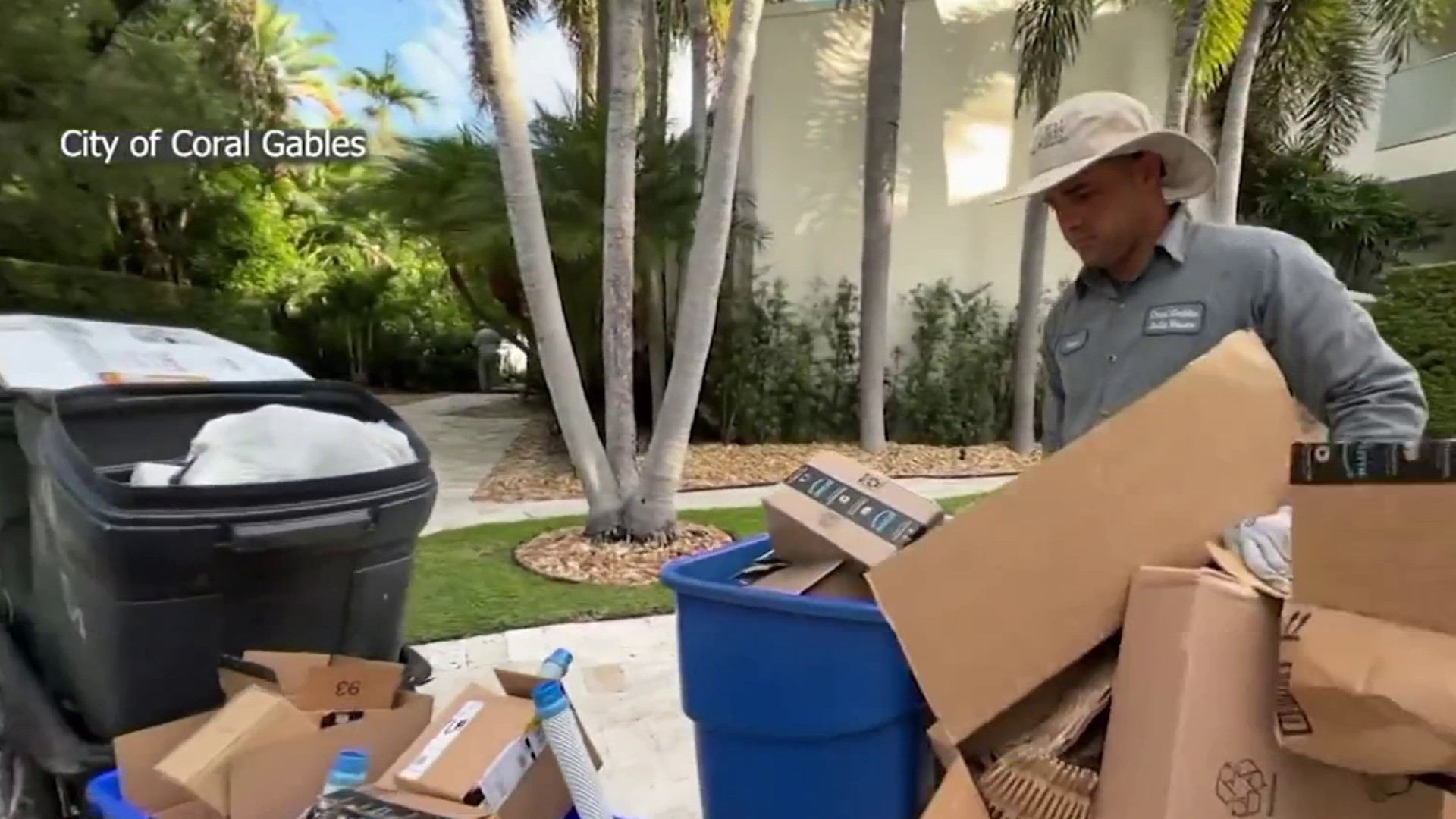Nobody seems to want a new trash incinerator or landfill in their neighborhood but what are we doing to avoid it?
“There is no away”, says Dustin Dubois, President of Filthy Organics, a company that collects people’s food waste and scraps and then, delivers compost they can put to good use in their yard. “Nobody wants to see where it goes. They don't want to deal with it. But people have to start understanding that it's going somewhere."
Dubois was one of the waste experts we met at a composting course the University of Florida’s IFAS extension was offering to teach anyone how easy it is to compost.
“I look at composting as we're taking organic waste and making it a useful product, particularly for soil amendment and hopefully for some commercial horticulture amendments. And diverting all that stuff from the landfills”, says Dr. Mica McMillan with the Fort Lauderdale Research and Education Center. “We're going to run out of land and landfills”, she adds.
Get South Florida local news, weather forecasts and entertainment stories to your inbox. Sign up for NBC South Florida newsletters.
Lorna Bravo, UF’s Broward County Extension Director of IFAS said 36% of the trash Floridians send to the landfill is organic matter.
“And what is organic matter? Landscape waste, paper and food," she explained.
RETHINKING RECYCLING
Bravo says IFAS offers tons of courses anyone can take to start composting, including vermicomposting, a method that uses red wiggler worms to break down organic matter -- a practice that can be done in small spaces like under the kitchen sink.
“You can put all your scraps, your potatoes, if you're doing your dinner and peeling things. The rule is no meats, no bones, eggshells, coffee grinds," she said.
Experts say composting and recycling correctly can reduce the four and a half pounds of trash South Floridians send to landfills on average each day.
Attending the composting class the day we dropped in, was Richard Ramcharitar, a Southwest Ranches resident leading the charge against the installation of a new incinerator in Broward.
“We're concerned about the human health impacts as well as the environment,” said Ramcharitar who started the group “Broward Clean Air.”
Ramcharitar said he lived near an incinerator before, and his health deteriorated. He took the composting class hoping to learn more about alternatives to burning our trash.
Master Gardener Volunteer Michelle Evins also took the course.
She lives in an apartment and has been practicing vermicomposting to turn waste into food for her plants.
“Why waste something that can go back into the earth that came out of the Earth?” Evins asked.
Another way to reduce what we send to landfills is through what’s known as zero waste shopping -- practice we highlighted in a recent NBC6 story.
If you’re interested in composting and other sustainable living practices, you can access all of IFAS’ events and courses in this calendar.



